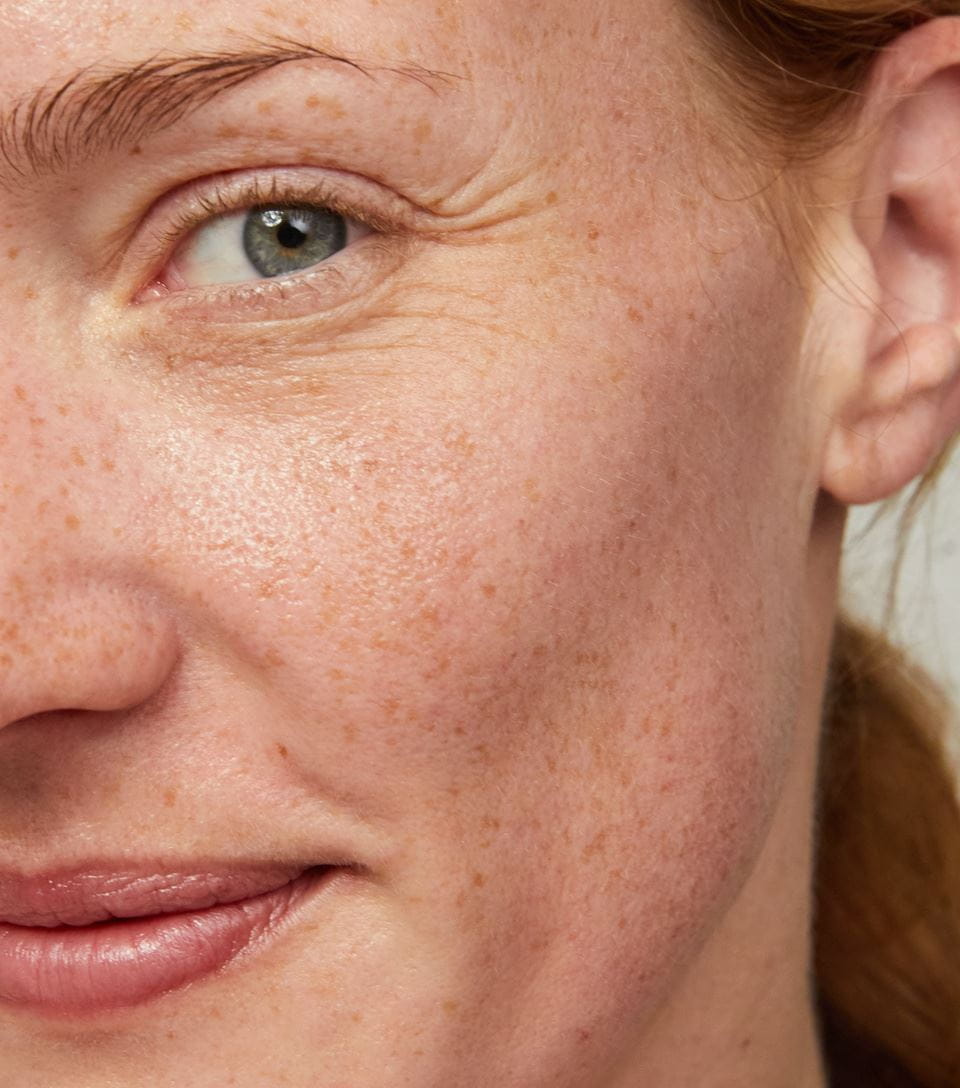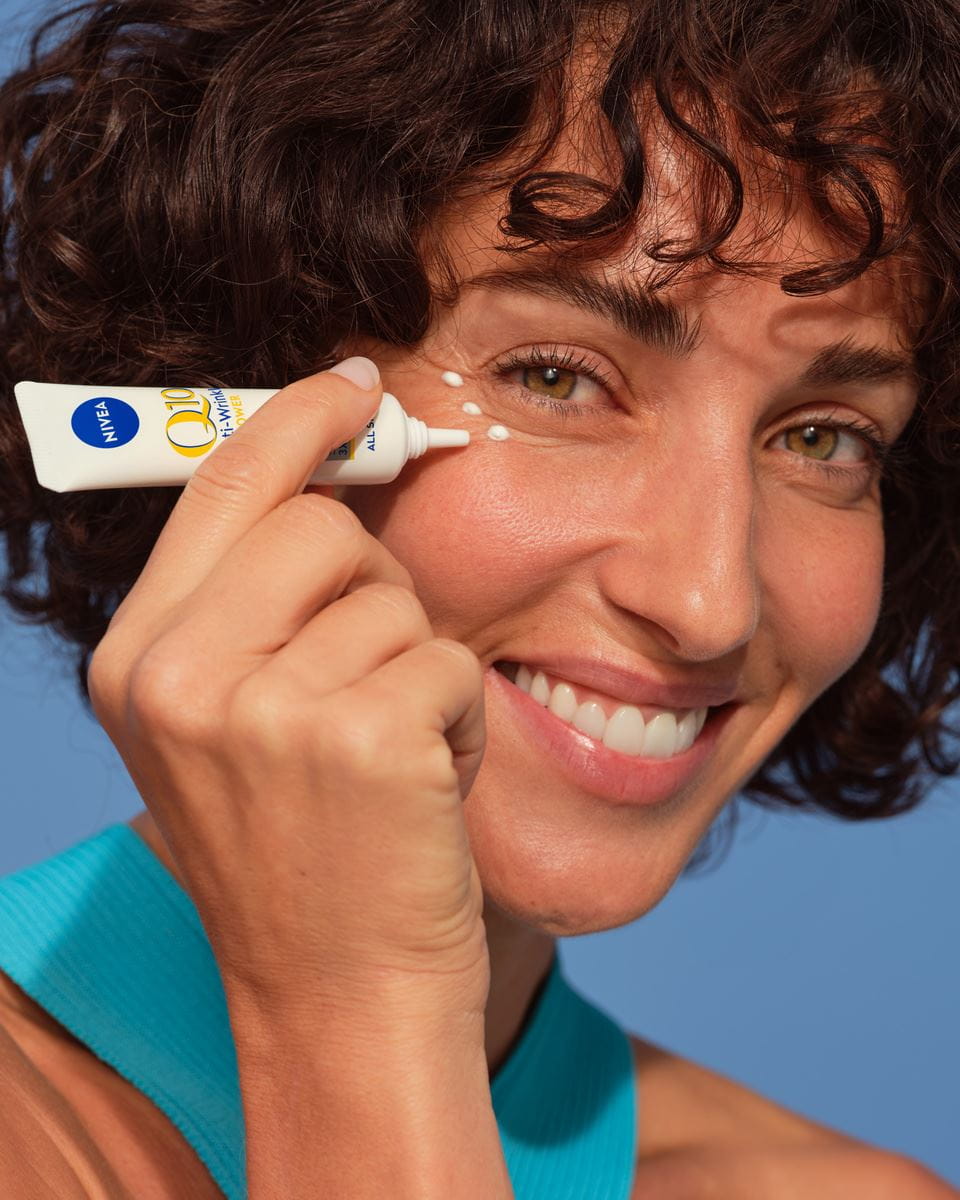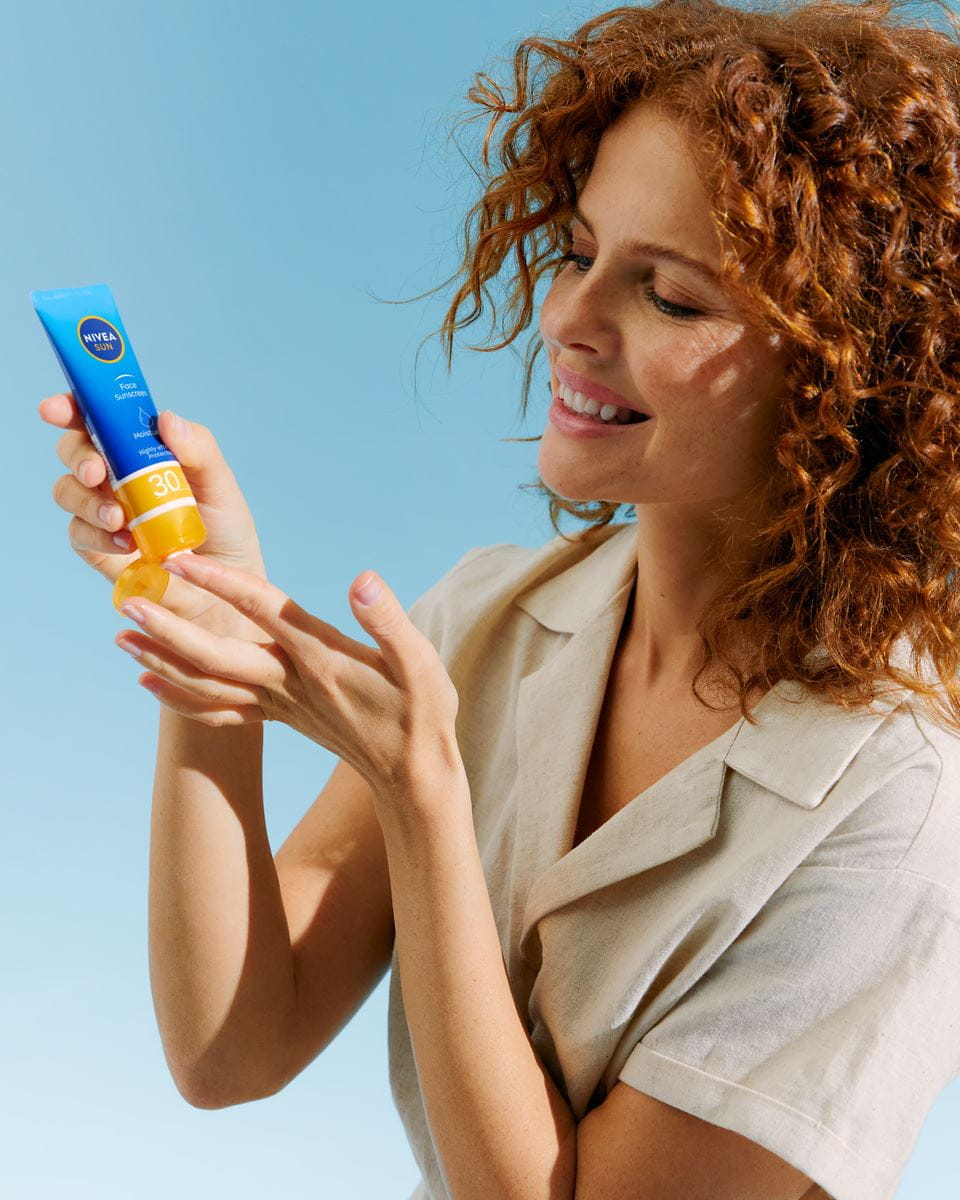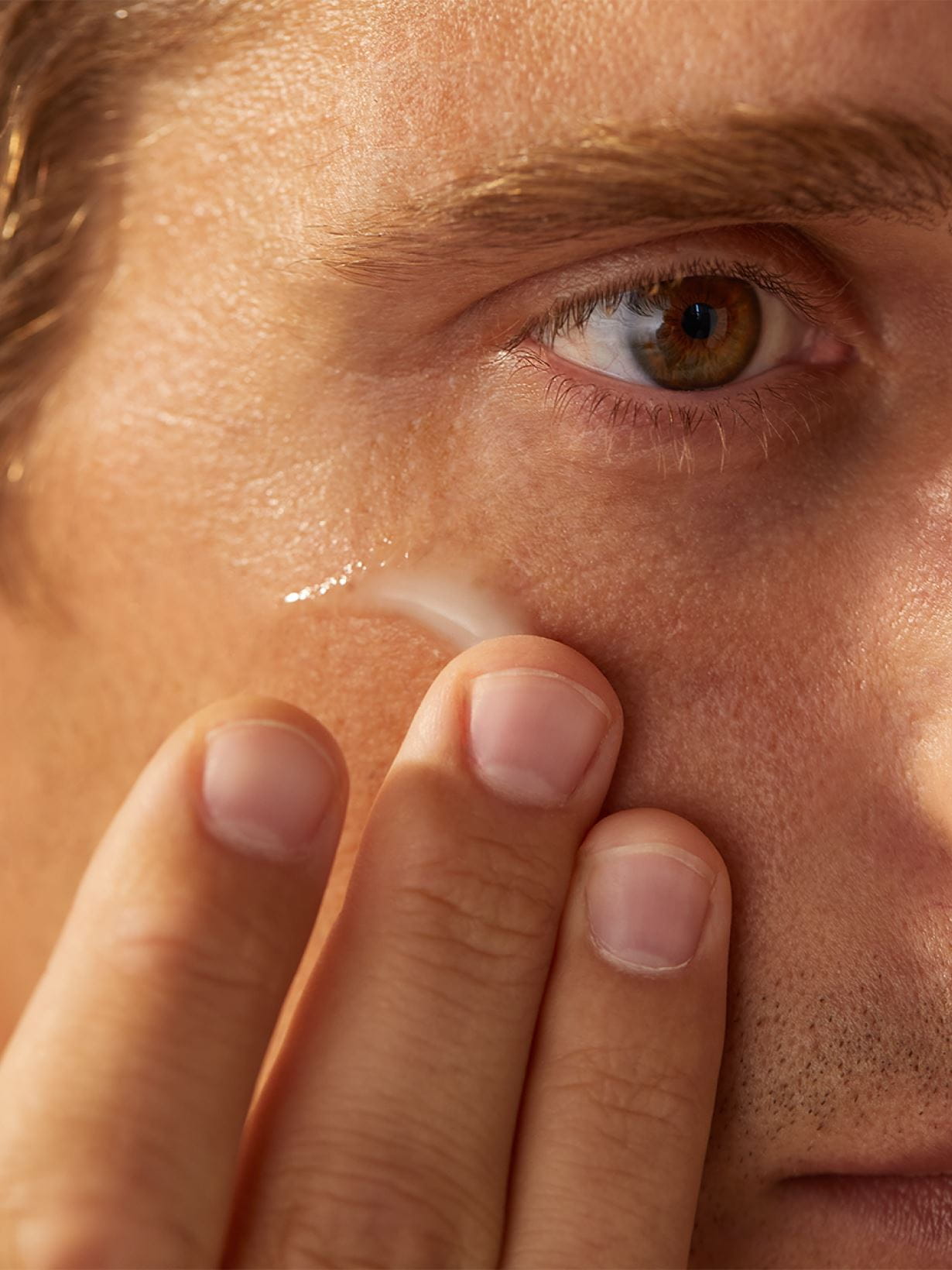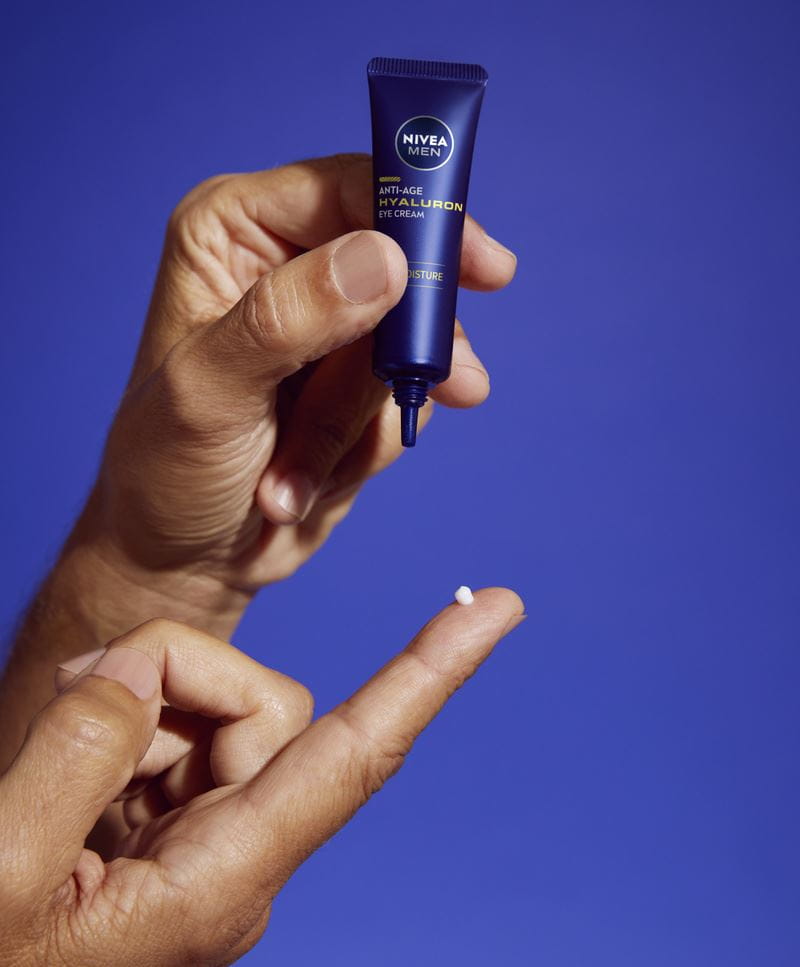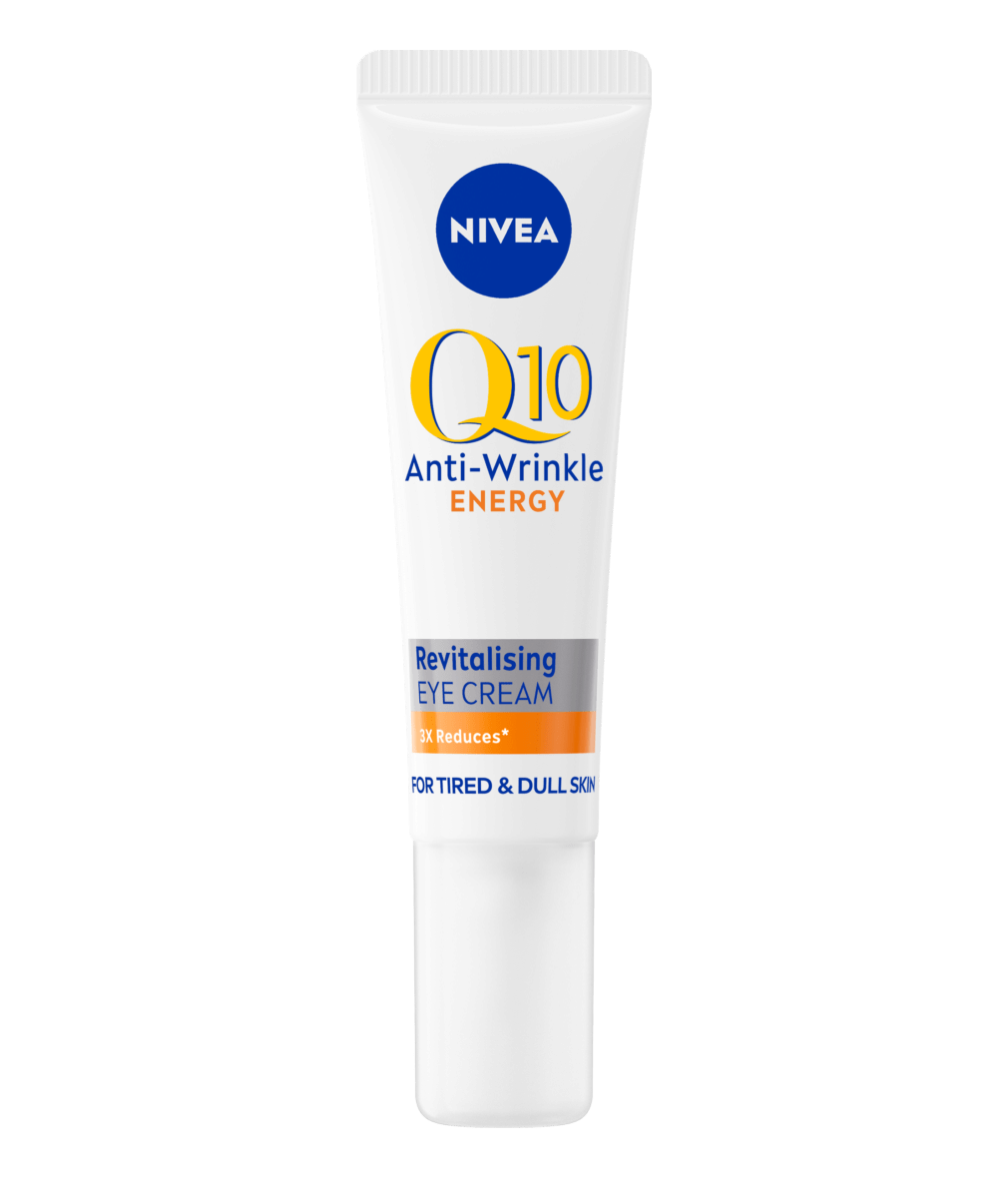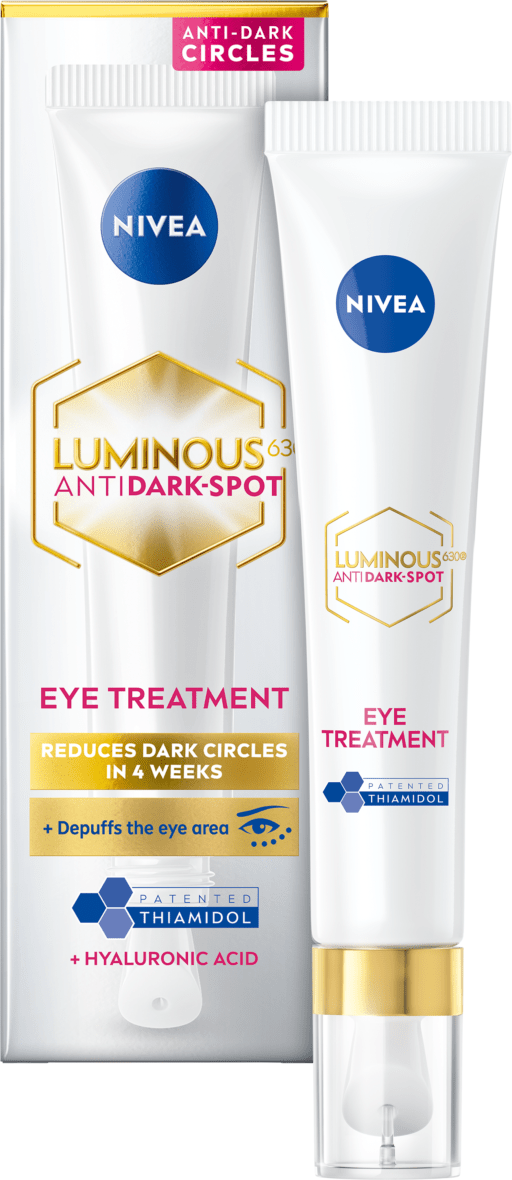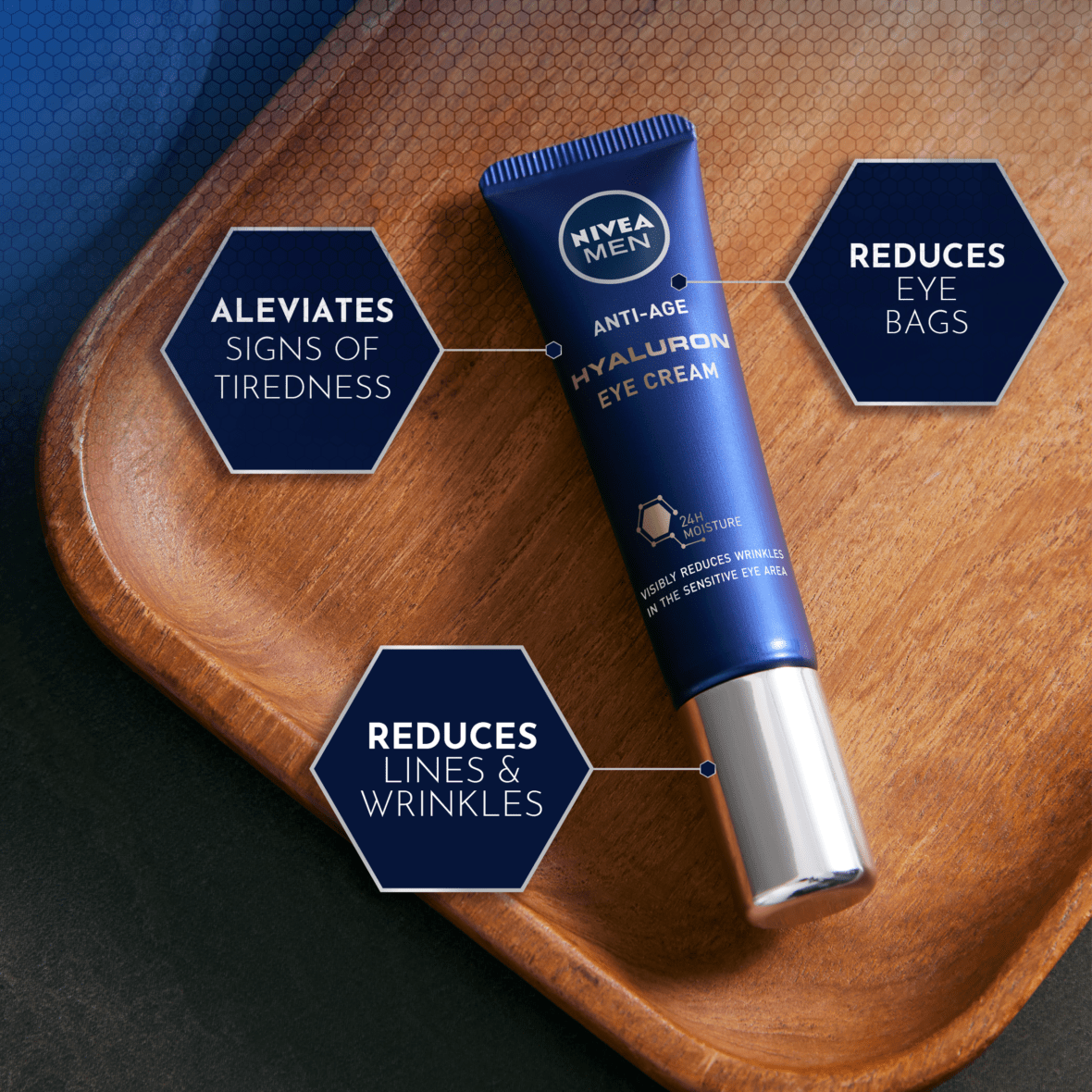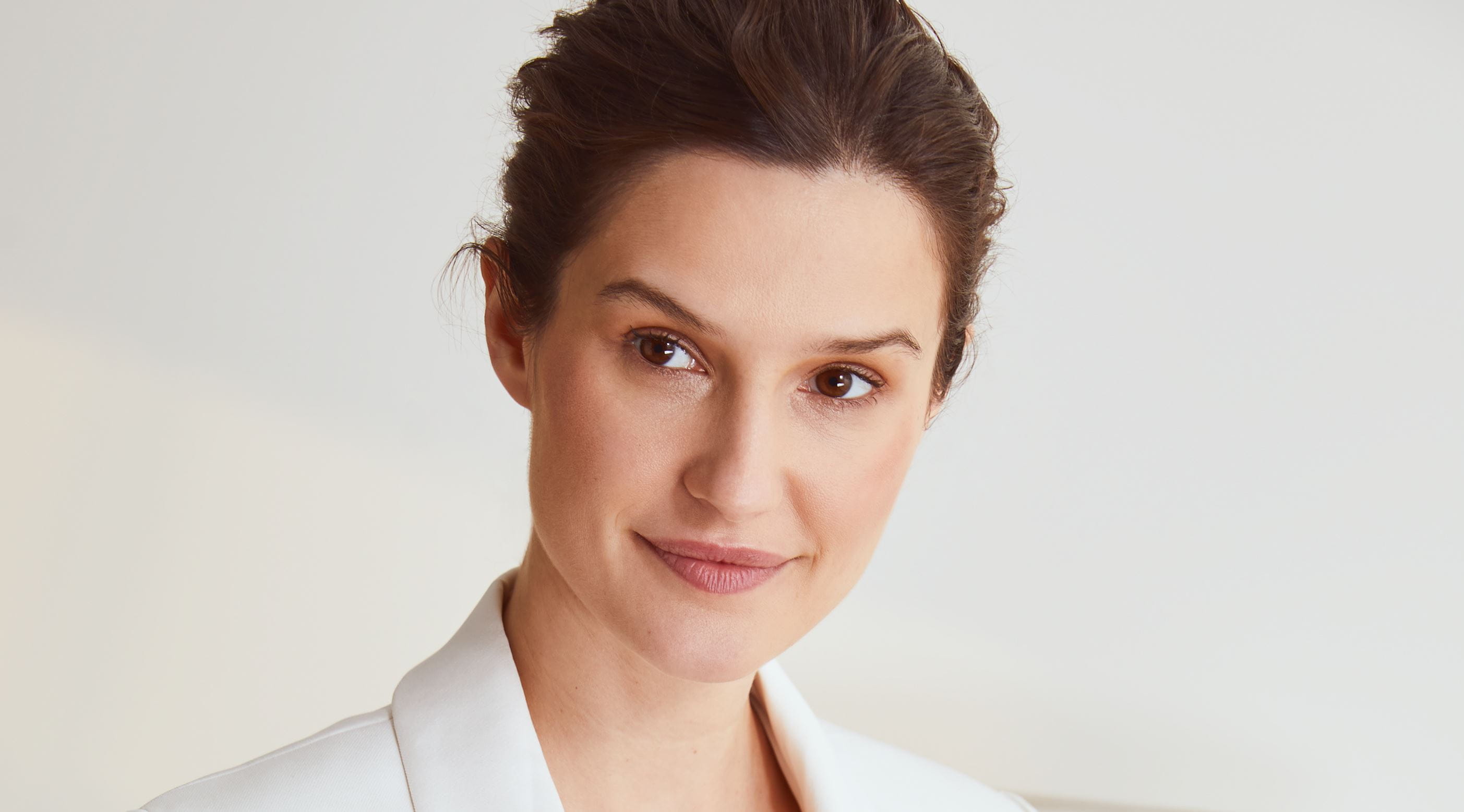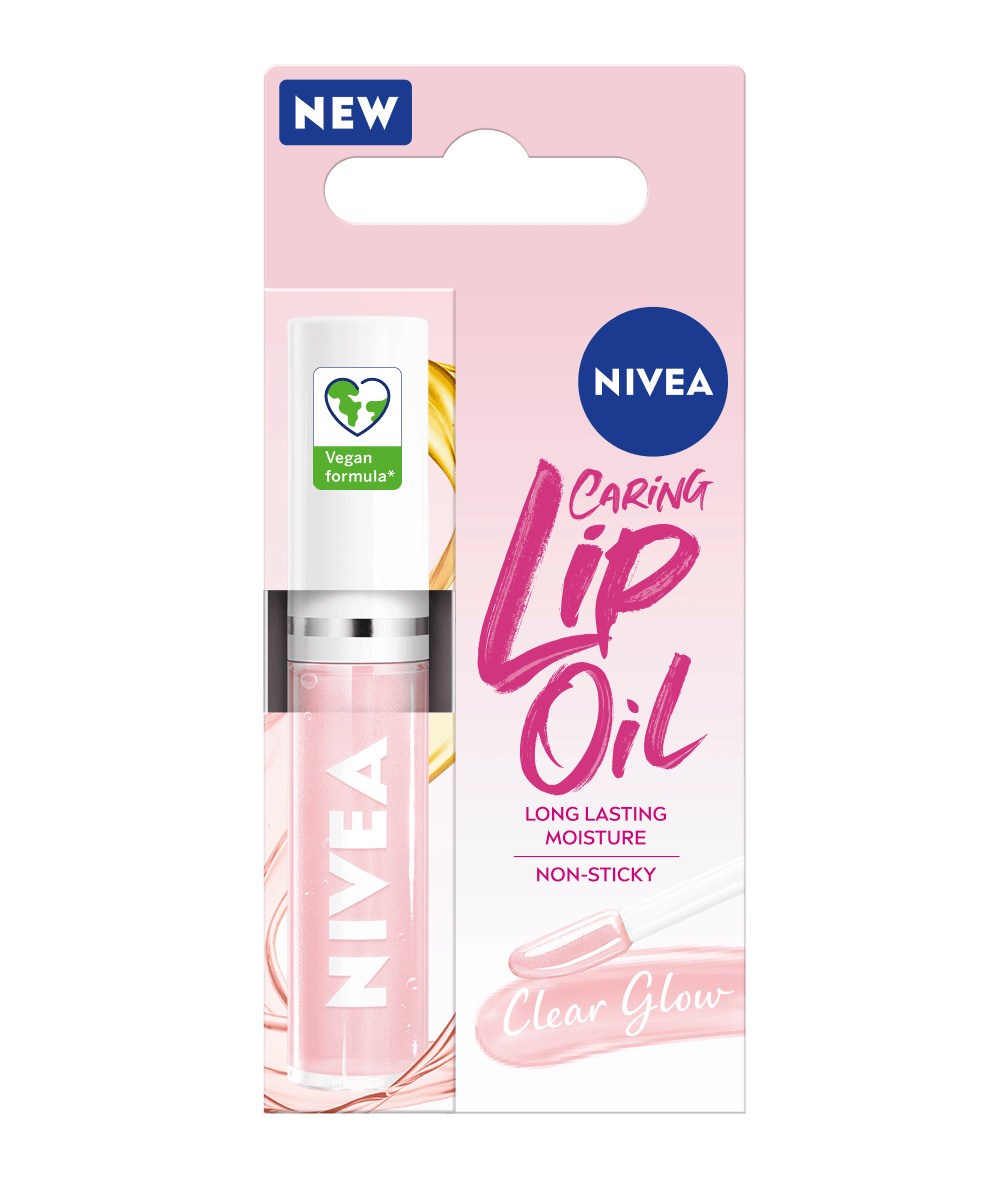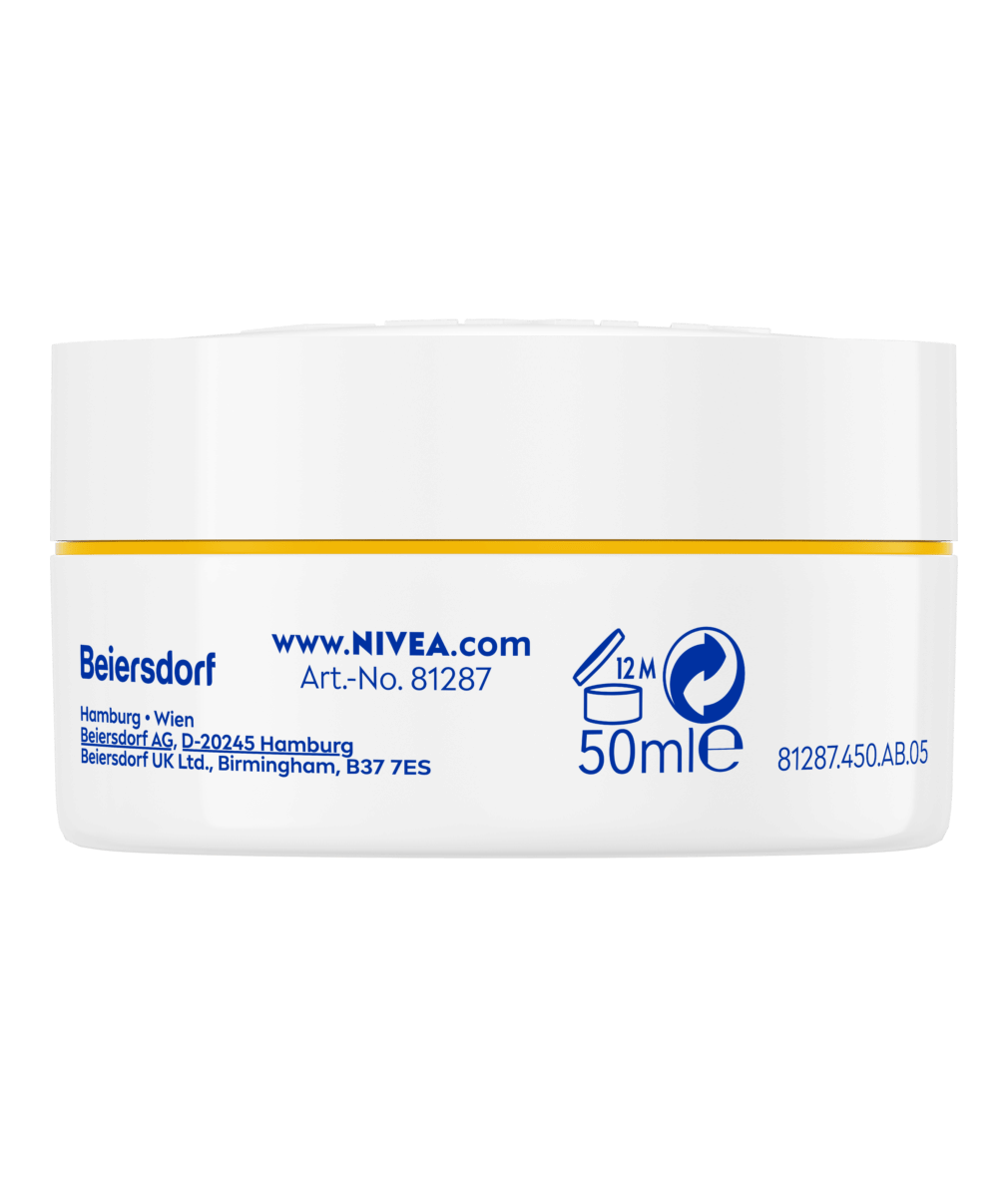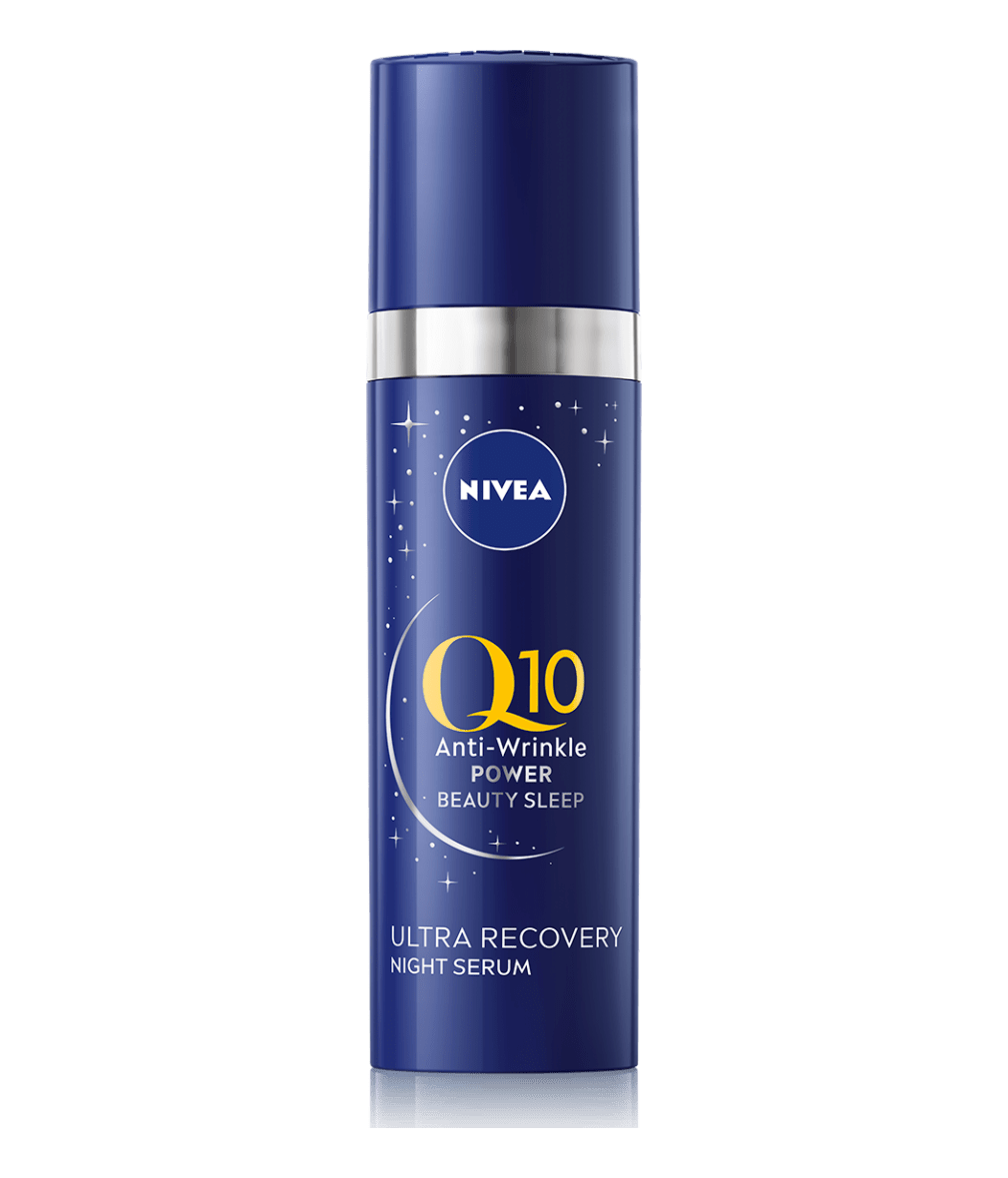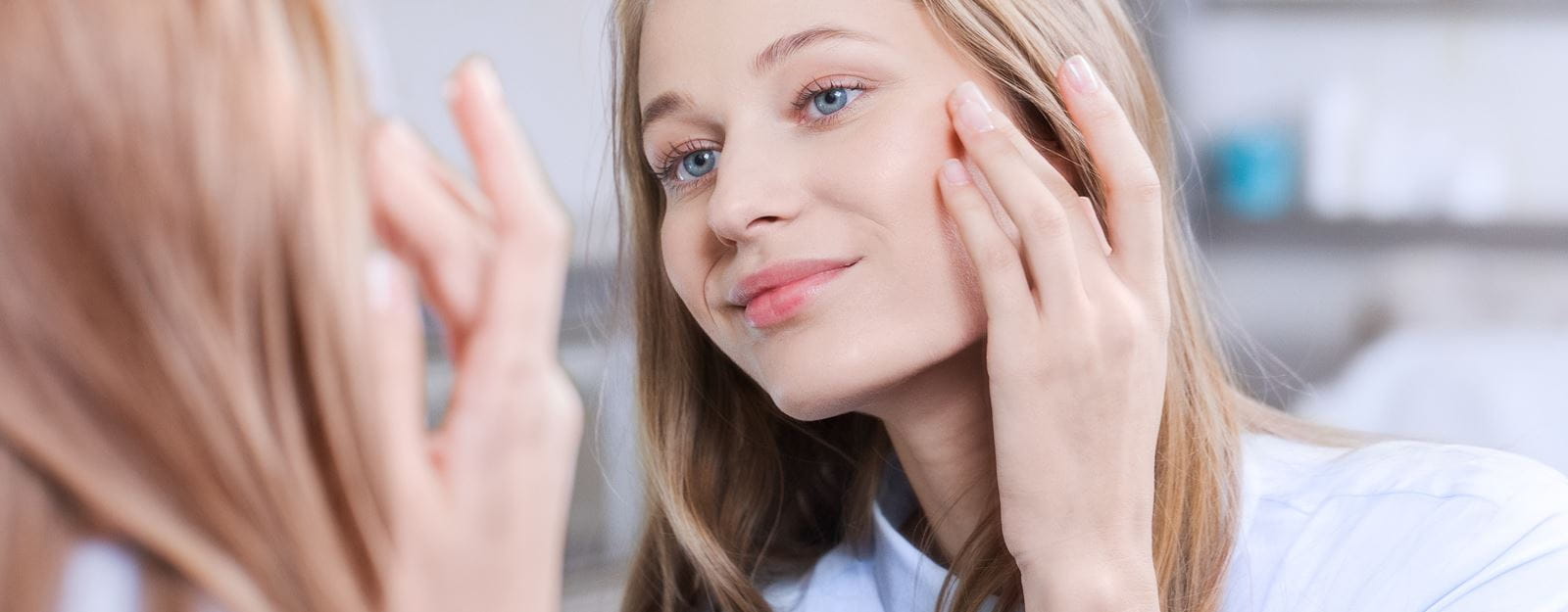
How To Get Rid Of Dark Circles Under Eyes
Uncover tips on how to reduce dark circles under eyes with NIVEA
Understanding Dark Circles Under Eyes
Dark circles are areas of darker skin that can give a tired and aged look. They are a common cosmetic concern and can affect individuals of all ages and skin types.
What Causes Dark Circles Under The Eyes?
Dark circles under the eyes can be caused by a variety of factors, such as genetics, lack of sleep, and other causes including:
Identifying Your Type of Dark Circles & Treatment
Types of Dark Circles:
6 Daily Habits to Reduce Dark Circles
How to get rid of dark circles under eyes
Facts Overview
Treating Dark Circles
For those looking to address dark circles under their eyes, cosmetic treatments can be relatively effective. Here are some popular options and tips on how to use them.
Skincare Routine For Dark Circles
Addressing dark circles requires a consistent and targeted skincare routine. Here's a simple yet effective regimen:
Summary
Dark circles under the eyes are common and can often be managed with simple treatments like using an eye cream. They can be caused by various factors such as lack of sleep and dehydration. Implementing good skincare practices, maintaining hydration, getting enough sleep, and protecting the skin from sun exposure are effective ways to reduce the appearance of dark circles.
